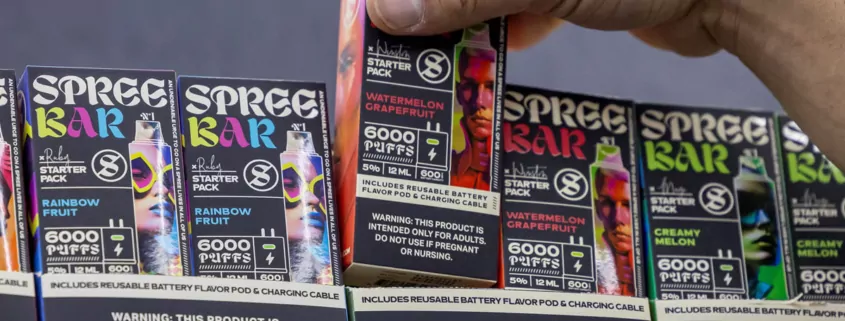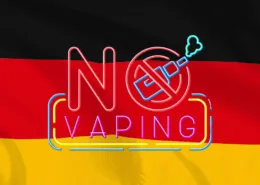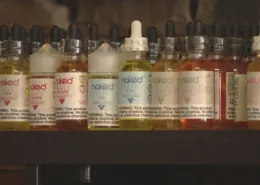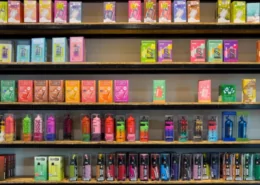California and Denver Ban Flavored Nicotine Analog Products
In a significant development for tobacco control policy, the state of California and the city and county of Denver have recently implemented what appear to be the nation’s first bans on flavored tobacco products that specifically include nicotinic alkaloids and nicotine analogs. These novel restrictions come as regulators grapple with the increasing popularity of products that use compounds chemically similar to nicotine but fall outside the scope of existing tobacco laws.
Rise of Nicotine Analog Products
The U.S. market has seen a notable uptick in nicotine analog products, which typically use patented compounds that are structurally related to nicotine but are not identical to it. For example:
- Spree Bar‘s “Metatine” is described as a “non-nicotine compound” that provides a sensation “largely indistinguishable from traditional vape products.”
- Outlaw Dip Company‘s “Nic-Safe” is marketed as a “NON addictive Nicotine alternative” that is “100% TOBACCO FREE AND NICOTINE FREE.”
- Happy Hippo‘s pouch product contains “Hippotine (Imotine),” an “experimental,” “innovative non-nicotine compound.”
These products have proliferated in part because they are not subject to the same regulations as traditional tobacco and nicotine products. The Food and Drug Administration’s (FDA) tobacco product authorities cover products made from tobacco or containing nicotine from any source, but do not necessarily extend to nicotine-like compounds with different chemical compositions. Similarly, many state and local laws that have been updated to regulate nicotine products, such as vapor products and modern oral nicotine pouches, do not address nicotine analogs.
As a result, companies marketing nicotine analog products can avoid a range of legal requirements, including FDA premarket review, state and local licensing and excise tax obligations, and restrictions like flavored tobacco product bans. Some manufacturers openly promote these regulatory advantages, touting exemptions from nicotine excise taxes and the ability to sell flavored products in jurisdictions that have banned flavored tobacco.
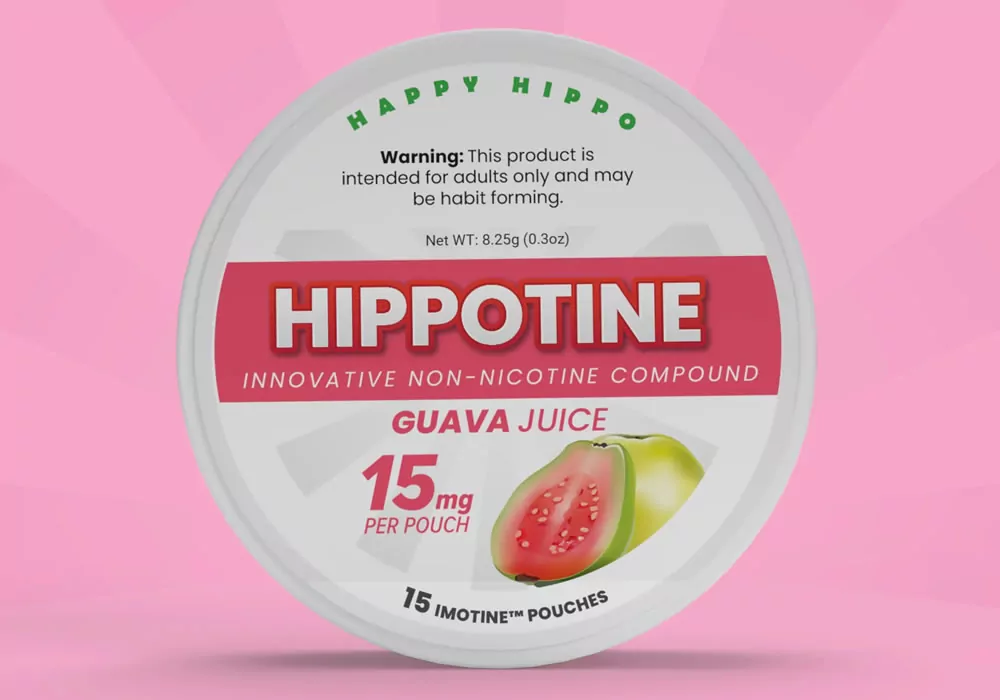
Closing the Loopholes
Regulators, however, are catching up to this emerging trend. As of January 1, 2025, California law prohibits retailers from selling flavored tobacco products, including flavored products containing “nicotinic alkaloids and nicotine analogs.” In a similar move, Denver passed an ordinance in December 2024, set to take effect in March, that bans retail tobacco stores from selling flavored tobacco products, including those “containing nicotine alkaloids and nicotine analogs such as metatine.”
While the FDA has not yet taken a formal position on nicotine analog products, it is worth noting that the agency could potentially use its existing drug authorities to regulate these products. Under federal law, a “drug” is defined to include articles (other than food) intended to affect the structure or function of the human body. To the extent that nicotine analog products make therapeutic claims, they could fall within this definition.
However, the FDA’s recent history suggests that the agency may be more likely to wait for congressional action to address this new product category, as it did with synthetic nicotine products. In that case, the FDA chose not to use its drug authorities, instead waiting for Congress to amend the definition of “tobacco product” to include products containing nicotine from any source.
- Is It Illegal to Vape or Smoke While Driving in Massachusetts? - August 5, 2025
- Austria Plans to Ban Disposable E-Cigarettes - August 5, 2025
- Vaping vs. THC Drinks: Which Cannabis Option Is Right for You? - August 4, 2025

